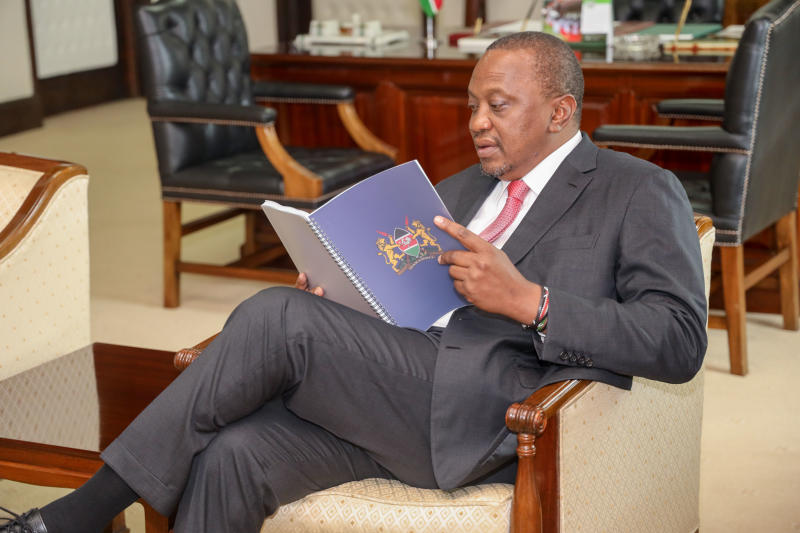×
The Standard e-Paper
Kenya’s Boldest Voice

An Executive President
The President will remain the Head of State and Government and the Commander-in-Chief. He or she shall be the central symbol of National Unity. The President will chair the Cabinet, which comprises of the Deputy President, the Prime Minister, and Cabinet Ministers.